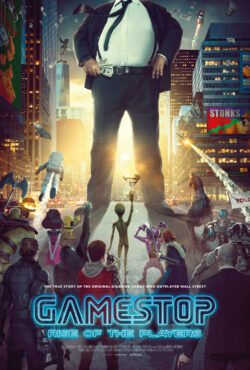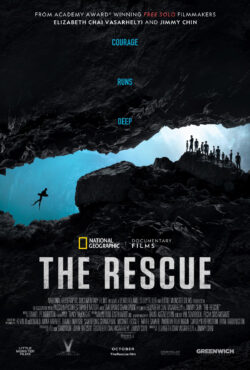Starring: Todd Blubaugh and Nicola Collie
Directed by: Trevor Hawkins
Rated: N/R
Running Time: 97 minutes
Forrest (Blubaugh) is a wanderer. He spends his days tending to his sailboat, which doubles as his house, on a Missouri lake. He goes to land for essentials and to zip around town on his motorcycle. One day he finds another wanderer named Everly (Collie). The two fall for each other immediately and discuss a future that may never happen.
“Lotawana” reminds me a lot of 2016’s “American Honey,” and not just because both had scenes filmed in and around Kansas City, my hometown. Both films show aimless young adults coming into their own as adults even though they don’t want to become adults and do everything in their power to avoid that inevitability. Forrest, who we literally know almost next to nothing about, enjoys a simple life on a Missouri lake daydreaming about journeys around the globe he will never take. Everly, who we know barely a little bit more about, listens to these daydreams and adds to them. Neither of them is following through with those daydreams, but I won’t spoil why.
As “Lotawana” goes through the motions, we learn very little about our characters, picking up hints from the nature surrounding them as well as interactions they have with people who also live on or around the lake. Because of its vague nature, it wouldn’t surprise me if viewers had different theories as to what is happening and why. Personally, I feel like Forrest and Everly represent two ideologies when it comes to youth.
Forrest appears to be a symbol for privilege. We never really learn what he does or how he has money, but it’s clear he has no problem financially maintaining a boat with food. He also seems to be in no hurry to find a career unless that career is an unpaid internship he gives himself on his boat. Everly, who has a rocky relationship with her family, appears to be fleeing trauma she’s not willing to confront yet, if at all. Both find solace in their wanderlust, but both are following it for wrong reasons, meaning that the happiness we see on screen will eventually turn into conflict unless one of them makes the first move by making an adult decision.
Very rarely do I find myself enjoying a film that features no exposition, much less dialogue that reveals the inner workings or backstory of our characters. Most of the time I’d probably find this frustrating, but thanks to some outstanding cinematography and vignettes involving Forrest and Everly’s relationship, “Lotawana” is gorgeous and serendipitous at times. If “Lotawana” is any indication, first-time film director Trevor Hawkins has a bright future ahead.
















